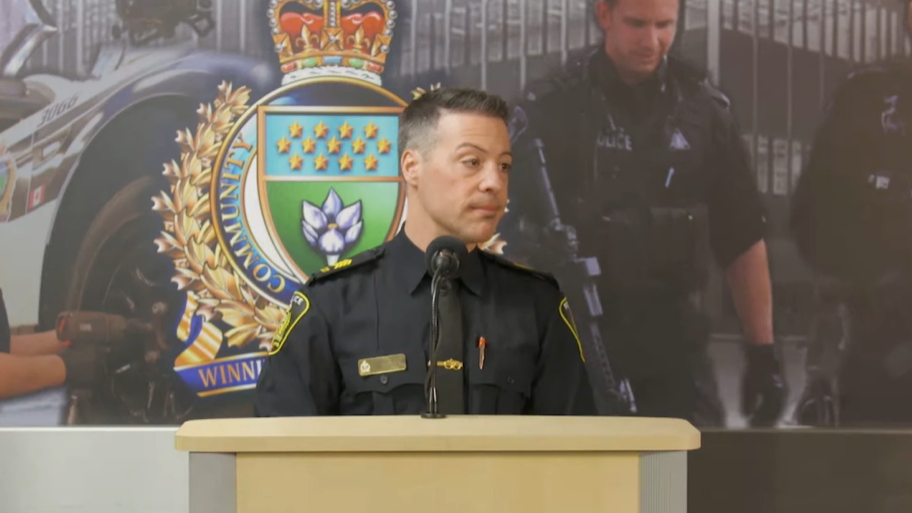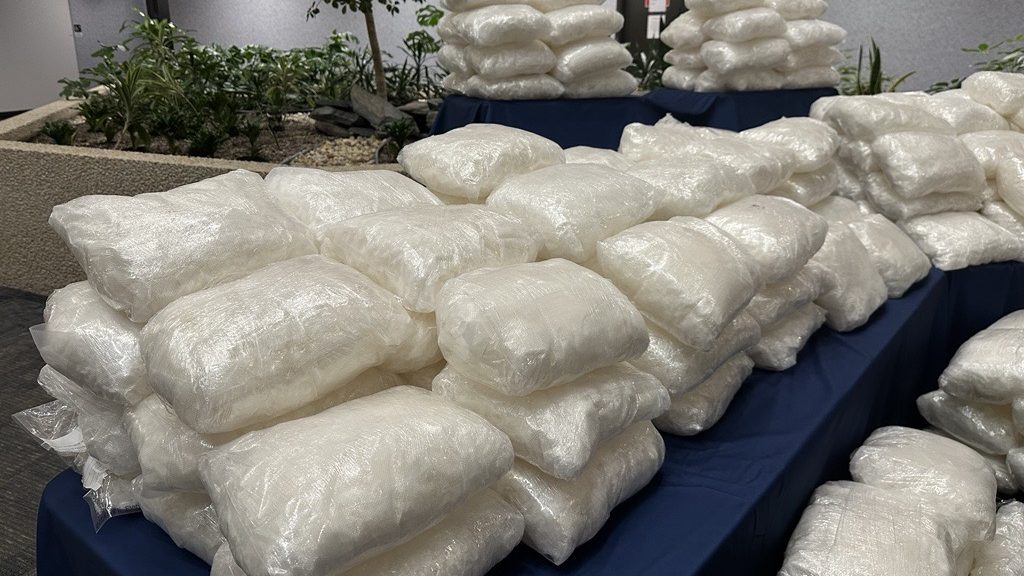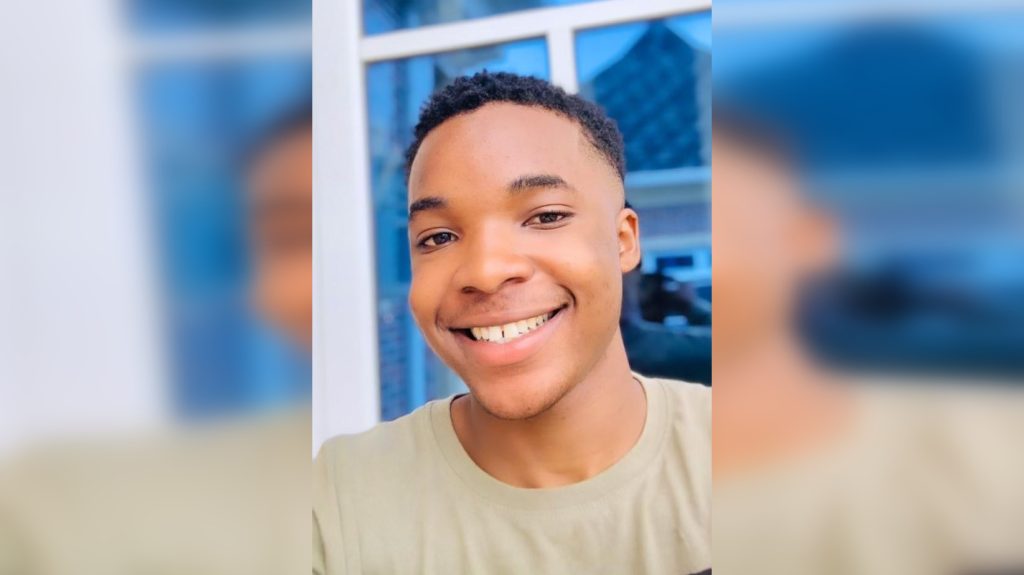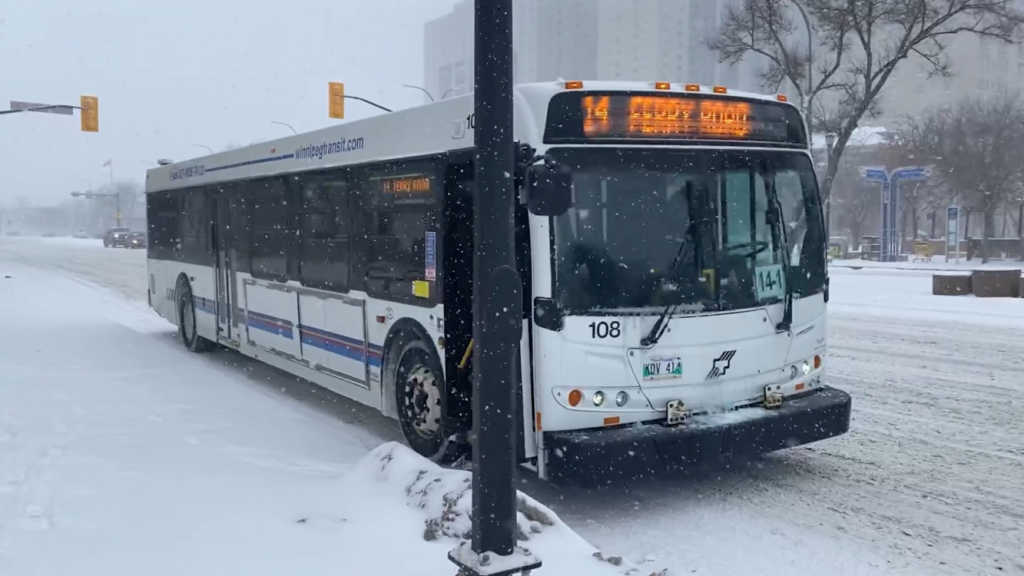Families want separate inquests into six men who died following interactions with Winnipeg police
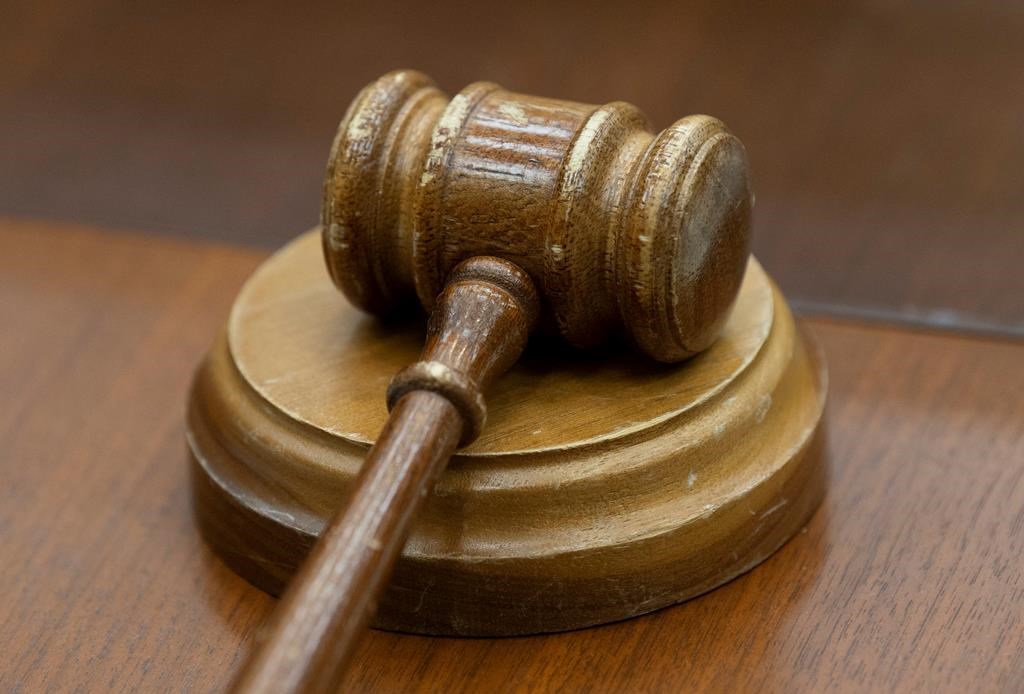
Posted August 26, 2021 7:54 pm.
WINNIPEG (CityNews) – The deaths of six men who died shortly after physical interactions with Winnipeg police in the city may be examined as part of one inquest in and it’s a path four of the six families don’t want the process to take.
In Manitoba, under the Fatality Inquiries Act, the Chief Medical Examiner can order a judge to group inquests into two or more deaths into one inquest if the “facts or circumstances are the same or sufficiently similar that separate inquests are not required.”
Four of the six deaths were ordered to be examined by the Chief Medical Examiner (CME) together and at a later date, two more were added to the inquest at the suggestion of Manitoba’s Chief Judge of Provincial Court.
CityNews spoke to two families, who say they want their family members’ death investigated individually and the law firm for two others say their clients also want the inquest broken up for numerous reasons.
Family members of Sean Thompson say they want an individual inquest into his death, as they’re still searching for specific answers.
“They all deserve their own justice,” said Erica Thompson, Sean’s older sister. “We never had no answers for nothing. During the whole investigation, between me, my nephews and nieces mom, there were probably 50 or 60 calls, and probably about only three conversations each.”
Both police and the Chief Medical Examiner’s office are unable to comment on the matter as it’s before the court, however, a representative from the CME noted the grouping of inquests is permitted under the act.
A hearing of standing was held earlier this summer to determine who would be speaking at the pending inquest involving the six deaths, which include Patrick Gagnon, Michael Bagot, Sean Thompson, Matthew Fosseneuve, Randy Cochrane and Viengxay Chommany.
Although the direction from the Chief Medical Examiner and the Chief Judge was to group the deaths into one inquest, inquest counsel, Mark Lafreniere, says no decision has been made, as the process is still in the disclosure stage.
He says while information is still being gathered, he stressed if he feels the grouping of the deaths into one inquest will have a negative impact on the proceedings in terms of the deaths getting properly investigated, he’ll make those thoughts known to the inquest judge.
He says inquest counsel’s main goal is to ensure families feel they’re being treated fairly and the integrity of the inquest is maintained. In the end, it will be the inquest judge who determines what happens.
The Thompson family hopes they will get answers about their loved one’s death, as they’re still waiting to see a full autopsy report, surveillance footage and get answers around delays in notifying family members what had happened. They also have questions about the Independent Investigations Unit of Manitoba report that indicated Thompson was breaking into a home before his death, saying he was near his residence and was financially stable at the time.
“Why would he need to go and break into a house, he had money…he was doors away from home, from his kids,” said Thompson.
The Manitoba Bar Association, which represents and advocates for practicing lawyers in the province, does not have a position on the upcoming inquest, but one expert with the group speaking as an individual, says she can’t recall another time in the province’s history where there was a possibility of six fatalities following interactions with police being investigated in one inquest.
“It is unusual,” said Wendy Martin White, the Co-Chair of the Criminal Law Section of the MBA.
However, she says because of the circumstances around the deaths, it may make sense to have the six inquests grouped as one.
“It will give the inquest judge an opportunity to maybe consider. maybe, perhaps, systematic issues that are contributing to these deaths,” said White.
White added she’s confident the inquest judge can oversee the inquest properly, and fairly, even with multiple deaths.
“The judge is not going to be ignoring the individual circumstances and if there are distinctions to be made between the cases, a judge is very much able to do that, but I think the benefit of grouping them is to see if there are patterns and practices that could be also changed in the future that contributed to these deaths, with the goal of course, to prevent them from happening again.”
There’s no time frame as to when the inquest will start, or how long it will last at this time, but the inquest council notes once case information is collected and disclosure is complete, they’ll be making a recommendation to the inquest judge, who will be the person making the final decision as to whether or not it’s possible to move ahead with the inquest as directed.
